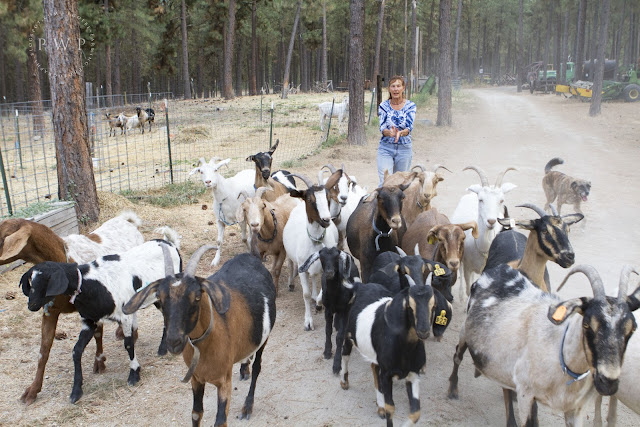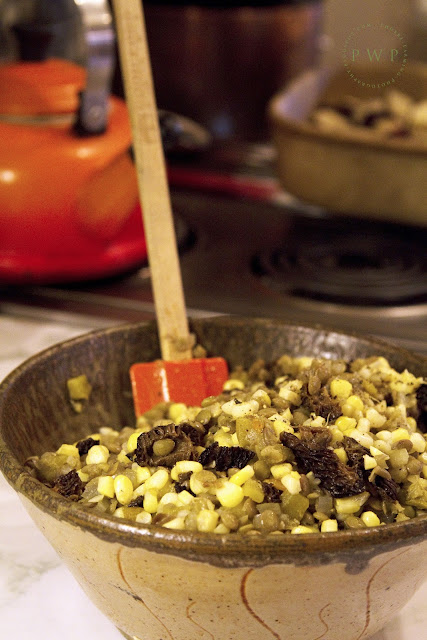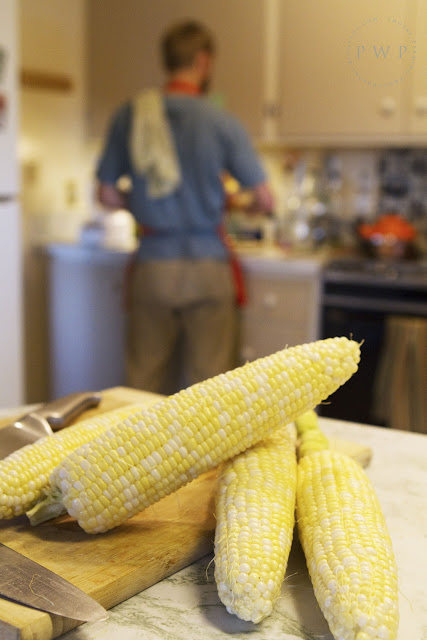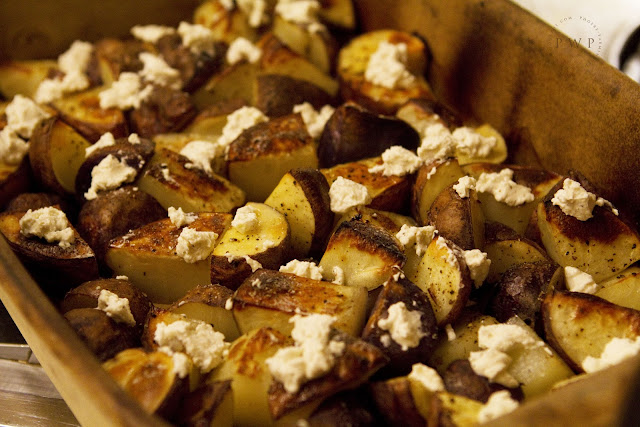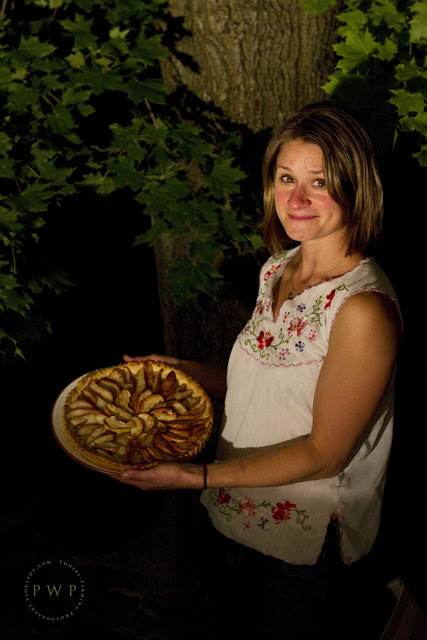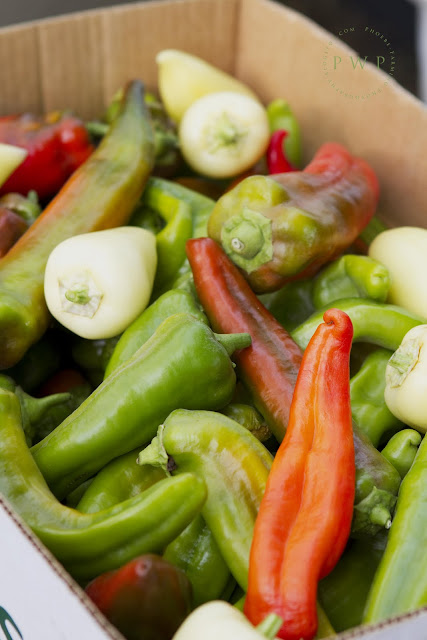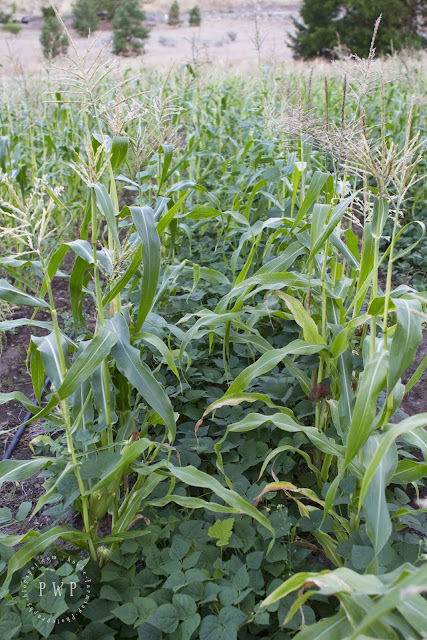Hello CSA folks! Hope Labor Day weekend treated you all well. I spend Monday working, as lots of laborers do. My family went to Conconully for the day, to play, whilst I get things done. And what did I do at 8th Street? Harvested celery!!!
 |
Boxes lie ready to receive celery in a well-mulched row.
Photo by Shannon Gilbert |
This week I share my celery experiment with you! We lost about 1/3-1/2 of the transplants while they were tiny. Probable reasons for the loss: buried in the weeds, rotted stems, we couldn't find it while weeding and accidentally pulled it, poor root system at transplant but we planted it anyway (always hopeful, folks!), or a bird or slug munched it. But the surviving celery grew most excellently and the success drives me to plant a lot of celery next year! With landscape cloth as mulch for less weeding! There were lots of pests this year: earwigs, grasshoppers, slugs and others. They like the celery habitat. I rinsed the crop but you need to wash it. I planted enough for you to each get one, and have extra for special orders and ourselves, however, with the losses we don't have a lot. So, we cut them in half and you each get half of one in your box. Some grew big and heavy, others grew smaller.
 |
Celery flowers are beautiful enough to be put in a bouquet.
Photo by Shannon Gilbert |
I made chicken soup the other day and trialed the celery. The stalks are sweet, stronger than we're used to from the store, and crunchy and juicy. The leaves are pungent and bitter. However, a friend got some of this celery and said she made delicious pesto with it. One of the celery varieties reminds us of parsley. It is dark green and grew differently, making several smaller stalks and clumps of side shoots out the base of it, like miniature celery bunches. The other variety is yellower, smaller and without side clumps. I DO have about 7 more to harvest so call if you'd like to order a couple for storage, either in the fridge or the freezer.
 |
Shannon leans a giant celery plant.
Photo by Shannon Gilbert |
“Food historians” tell us that celery was first developed and cultivated for the king of Persia around 2000 BC. Revered in ancient times as rare and highly medicinal, celery now piles high in the supermarket and is a staple. Despite celery's common appearance, it is not easy to grow. Its special soil and water requirements can prove challenging. However, proper growing conditions and a fresh local source can yield celery superior in taste and texture to conventionally grown celery. Celery is 94% h2o, but does contain vitamins A, C, B-complex and E with a host of minerals. As might be expected from its texture, it is also high in fiber. Supposedly, chewing celery uses more calories than the calories obtained from the vegetable itself!
 |
A neatly sliced celery stalk.
Photo by Shannon Gilbert |
STORAGE TIPS:
*refrigerate asap or will go limp. Wrap in damp towel or in plastic bag and store in drawer up to 2 weeks. Retain maximum crispness by storing stems upright in a container with an inch of water.
*for long-term storage celery can be frozen. Slice, then spread on cookie sheet and place into the freezer. When frozen, pack them into an airtight container or bag and return to freezer. Celery pieces will be soft when thawed and best used in soups and stews. *celery leaves can also be dried.” …from Asparagus to Zucchini
 |
A completely local, fresh, and in-season meal! Chicken noodle soup.
Photo by Shannon Gilbert |
I tend to think soup is for winter. But a few days ago the most delicious chicken noodle soup happened from our fridge. My eyes widened as I realized that all the ingredients were fresh and in season and that it should be made this season. . . I heated olive oil on low-med. Did a quick infusion of dry basil and marjoram into it, then sauteed walla walla onion, celery, carrot, sweet peas, corn and garlic in the gently hot oil. Added chicken pieces from the whole roasted chicken, then ladled broth into the sautee from the bones that had boiled for hours. Lots of Celtic Sea Salt for tasty broth. Then ladled this mixture over bowls of cooked ribbon noodles. It was rich and we slurped it up. Apparently it was just the summer medicine our family needed! I've held sugar snap peas in the fridge for a month now, gradually dwindling the 4 pounds as we appreciate them in food concoctions or eating them whole.

In the box: 1/3 pound herb salad (enjoy the basil cuz the cool nights change its quality!), 1 heirloom tomato from Yonder Farm (Brandywine, deep red) or one (German Stripe, orange-red-yellow) from 8th Street Greens. A melon (Petite Gris “little grey,” French Charentais or Orange Honeydew) from Art Heinemann, certified organic fields, in Tonasket. The cherry tomatoes are from 8th Street and the Weddles (Black Cherry, deep red), cert. Organic, in Tonasket. Those who did not get potatoes last week get the Ozettes this week, and those who didn't get the cherry tomatoes have them now. The garlic is German White, a milder but tasty garlic, from 8th St. The cukes are a bonus from 8th Street.
Fruit Share: Santa Rosa plums (Bartella), a pint of late season raspberries (Bunny Laine) and Jupiter Donut Peaches (Bartella).
Best ~~shannon
